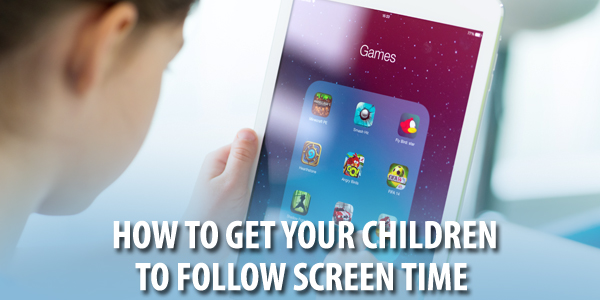
Parenting has been a constantly evolving process. Every subsequent generation has different ideas about parenting which, generally almost always, is frowned upon by the previous generation. Especially in India, where parents play an important role as advisors to their children about parenting, it is hard not to be influenced. But things are changing and young parents are finding their own methods and techniques.
Parenting in India has always been hierarchical. “Listen to me, I have seen the world’, ‘i know more than you’, ‘I am your mother, I am always right’-these used to be commonly heard phrases by parents. But things have changed and parents have adopted a much more western tactic to deal with children. It is much more about connection, sensitivity about child’s feelings and respect.
With time even children’s tantrums have evolved, from making a scene at a shop for a candy to fighting for more screen time, children have a come along way and so parents should too.
Let’s take the example of fighting for more screen time.
How do you tell you stubborn little one that screen time is over, especially when she is in the middle of her favourite show or game?
It is a delicate situation and just grabbing the remote, phone or tab from her/him is not going to do. In fact, it may just worsen the situation. So here is what you can do:
- Connect with them: Ask them about what they are watching and get to know more about it. If they playing a game, which level have they reached? How easy or tough is it?
- Respect them: Don’t downplay their passion for the game or show. Listen to them when they tell you about it and respond with genuine care & concern. They will be delighted that you too feel the same way and that they are being taken seriously.
- Do away with power equations: It’s easy to say be a friend to your child but it is tough to sustain that friendship. But in the long run, if you want to communicate with them better, get them to the same playing field regarding some do’s and dont’s, friendship will really help.
- Use a tone which is casual rather than a more reprimanding or disciplinary one. The moment you share and have an open dialogue your children will stop getting defensive and embrace your guidelines willingly.
- Make them feel important. They are of course important to you but make everything they say or feel or think important. They will not feel that they are being judged just because they are kids and will want to engage more with you.
Good parenting is built on the foundation of love, mutual respect & care.